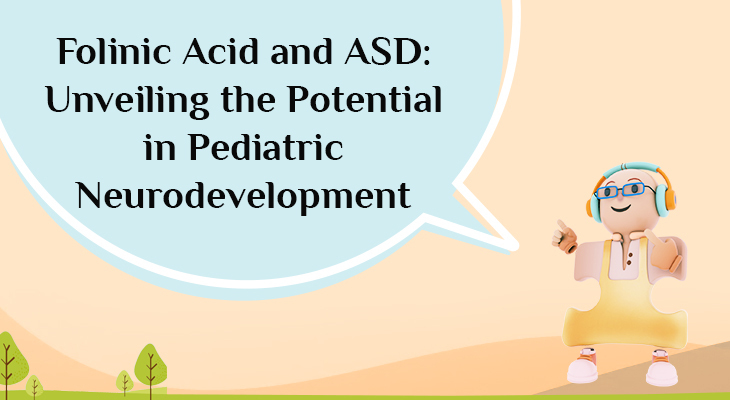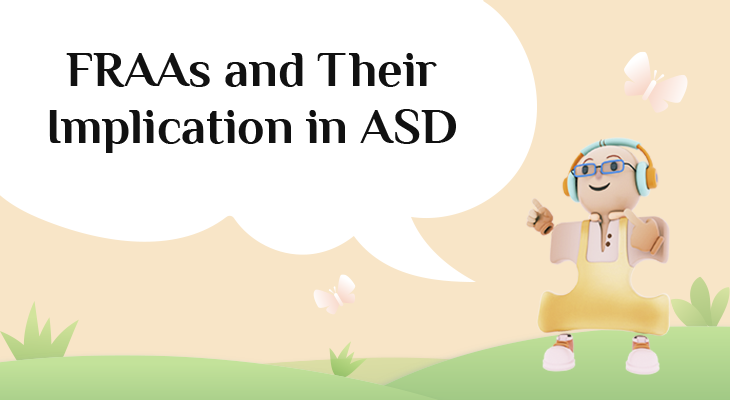
Introduction
Folate (also known as Vitamin B9) is a critical nutrient that is essential for full and normal brain development and function. Additionally, Folate is needed for neurotransmitter synthesis, DNA synthesis, DNA and Phospholipid methylation, Myelin formation, axonal healing, and synapse formation. These are all vital functions and Folate helps them run efficiently and effectively.
Folate is transported from the circulation to the brain through the high-affinity Folate Receptor A (or alpha; FRA) and the low affinity Reduced Folate Carrier (RFC).
Unhindered delivery of Folate to the brain is especially essential for a healthy functioning brain. If not enough Folate is available, then a folate deficiency in the brain can arise. This is a cause for concern.
There are 2 major reasons why a sufficient amount of Folate may NOT be reaching the brain in a either a developing embryo, child or adult:
- Not enough Folate in the diet or poor absorption/conversion in the gut.
- Blockage in transporting Folate from the blood across into the brain.
The most common cause of blockage in transport to the brain is circulating autoantibodies to the FRA. There are at least 2 types of autoantibodies: blocking (directly compete for folate transport) and binding (affect the position or alignment of the receptor).
When present, these autoantibodies impede the proper absorption of Folate (vitamin B9) into critically important tissues such as the brain, placenta, ovaries, among others. Both blocking and binding autoantibodies negatively affect folate absorption, potentially leading to a mode of folate deficiency which may contribute to neuro-developmental disorders such as autism spectrum disorders, cerebral folate deficiency, neural tube defects, sub-fertility, and pregnancy complications such as miscarriage and pre-maturity.
Folate deficiency in the brain is quite common in children with autism, and a large percentage of these children test positive for the autoantibodies. In fact, approximately 53% of children that have been diagnosed with ASD seem to be positive for folate receptor autoantibodies.
The question now becomes, if there are folate receptor autoantibodies present what can be done? Intriguingly, recent research and several clinical trials have shown that the administration of folinic acid ( a reduced folate) has greatly improved speech and communication skills and some behaviors in children that have tested positive for the autoantibodies. It is thought that in these cases, folinic acid (which is classified as a prescription drug) is able to bypass the blocked folate receptor alpha and be transported into the brain through another receptor termed the reduced folate carrier. The reduced folate carrier is another receptor that can transport folate, but it has a lower affinity for folate compared to its colleague, folate receptor alpha. Since it is considered a drug, folinic acid may only be obtained by prescription (currently, it is not approved for ASD and is being used off label). The first double blinded placebo controlled study of folinic acid being used in patients with Autism was featured in nature.
The overall results were quite compelling and this exciting research continues today.
There are several clinical studies that are underway to expand upon this science and investigation.
https://clinicaltrials.gov/study/NCT02839915?cond=autism&intr=folinic%20acid&rank=5
https://clinicaltrials.gov/study/NCT04060017?cond=autism&intr=folinic%20acid&rank=6
https://clinicaltrials.gov/study/NCT04060030?cond=autism&intr=folinic%20acid&rank=7
It is strongly recommended that the testing for folate receptor autoantibodies be done as soon as possible. If a child is on the spectrum or is suspected to have symptoms of Autism or any type of neurodevelopmental delay, then FRAT® would be highly recommended. FRAT®, a simple blood test, will confirm the presence of these autoantibodies to the Folate Receptor Alpha. The reasoning here, and evidenced in many cases, is that early detection will allow for early intervention when brain plasticity is still amenable to changes. Generally, younger children that have participated in earlier intervention with folinic acid have made greater improvements.
As with any medical condition a physician’s participation is required. Please consult your medical professional for further information.



